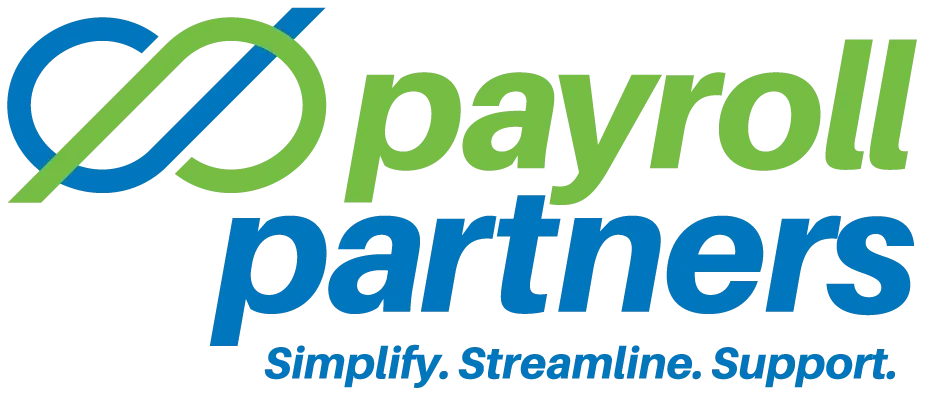In the bustling world of service industries, managing tips can be a significant challenge, involving the delicate balance of accuracy, compliance, and fairness. Whether it’s a restaurant or a salon, business owners need to effectively handle the complexities of tracking, reporting, and distributing tips in a way that meets IRS regulations while aligning with staff expectations. Addressing these challenges requires solutions that integrate smoothly with point-of-sale systems and automate compliance updates. Such systems empower businesses to prioritize delivering exceptional customer service by ensuring a fair and transparent tipping process. Understanding how to transform tip management into a streamlined task can free up valuable time for business growth.
Streamlining Tip Management
Simplifying Tip Tracking
Efficient tip management is crucial for service industry businesses. A robust tip tracking system ensures accuracy and compliance by integrating directly with existing point-of-sale systems to capture every tip transaction in real-time. This automation minimizes manual entry errors and reduces administrative burdens. Moreover, staying up-to-date with IRS regulations is vital for continued compliance. By saving time and fostering a sense of fairness among employees, accurate tip recording and distribution according to company policies contribute to a harmonious workplace, allowing businesses to focus on providing excellent customer service.
Automating Tip Allocation
Fair and efficient allocation of tips is critical in managing service industry businesses. Automation tools can simplify tip allocation by allowing managers to set customizable rules that align with company policies, ensuring equitable distribution among staff. Automated systems reduce potential conflicts and foster a cooperative work environment. These systems should offer flexibility for implementing both tip pooling and individual allocations, catering to the specific needs of a business. Transparency is maintained as employees access their tip allocations through user-friendly portals, promoting trust within the team and allowing business owners to focus on strategic growth rather than administrative concerns.
Enhancing Tip Transparency
Transparency in tip management is essential for maintaining trust and morale among employees. A comprehensive self-service portal can empower staff to access their tip records anytime, giving them real-time information to understand how their tips are distributed. Ensuring that all transactions are visible and verifiable helps significantly reduce misunderstandings and disputes. User-friendly systems accessible to all employees build trust and cultivate a sense of fairness within teams, reinforcing the importance of accurate and equitable tip management.
Ensuring Compliance and Fairness
Navigating IRS Guidelines
Keeping pace with IRS guidelines for tip reporting can be complex and time-consuming for service industry businesses. Automating compliance updates is one way to ensure a business remains aligned with federal regulations without requiring constant oversight. By reducing the risk of errors and penalties associated with incorrect tip reporting, businesses can streamline tax filing and auditing processes. Providing educational resources and support can also help businesses understand their obligations under IRS guidelines, offering employees confidence that their earnings are managed compliantly and allowing focus on delivering excellent service.
Fair Distribution Tools
Ensuring fair tip distribution is crucial for harmony within service-oriented businesses. Advanced tools that facilitate tip allocation according to specific policies can minimize disputes and enhance team cohesion. Whether implementing tip pooling or individual allocations, customizable settings ensure each team member receives a fair share based on transparent criteria. Access to distribution records further reinforces a culture of transparency and trust, building a positive work environment where staff feel fairly compensated for their efforts.
Promoting Workplace Transparency
Transparency is a foundational element of a positive workplace environment, especially in the service industry where tips make up a substantial part of income. Tools that allow employees to easily access their tip records and distribution details build trust and confidence in management processes. Readily available information reduces misunderstandings and conflicts over tip allocations, helping employees feel valued and respected as their contributions are recognized and compensated. A transparent approach enhances morale and job satisfaction, fostering retention and a cohesive team, ultimately driving long-term success.
This information is provided with the understanding that Payroll Partners is not rendering legal, human resources, or other professional advice or service. Professional advice on specific issues should be sought from a lawyer, HR consultant or other professional.

